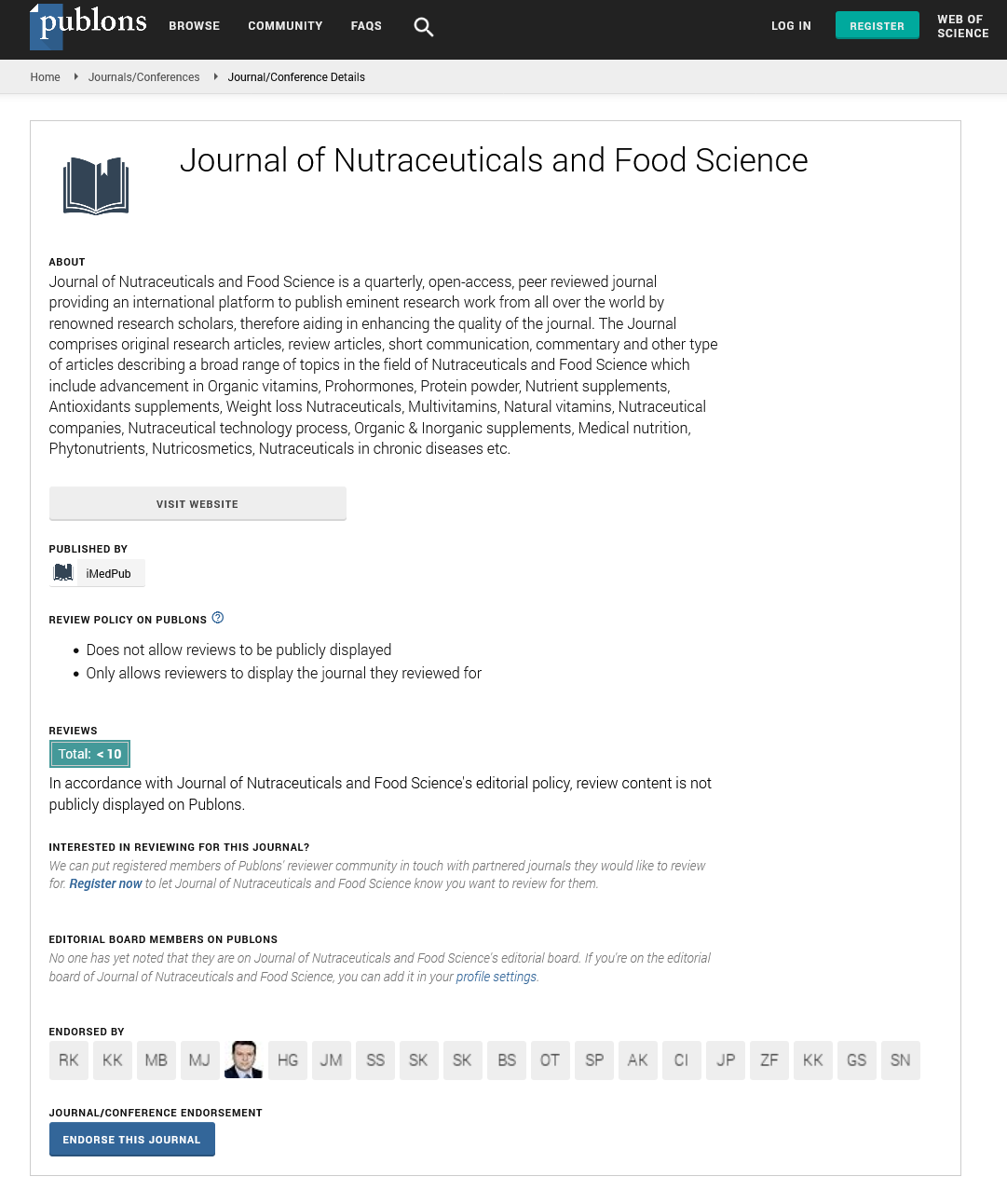Abstract
Role of Diet in Hair growth
Patients with hair loss frequently ask if nutritional supplements might help them regrow their hair or keep it from falling out. In fact, many people will start taking dietary supplements without consulting a doctor in the hopes that they will assist. This population's vulnerability is being exploited by the unregulated supplement sector. While hair follicles are among the most metabolically active in the body, and calorie and protein deprivation, as well as vitamin deficit, can affect hair growth, the relationships are complicated. Hair structure and hair development can both be affected by nutritional deficiencies. Acute Telogen Effluvium (TE), a well-known result of abrupt weight loss or decreased protein intake, as well as the diffuse alopecia seen in niacin insufficiency, can both affect hair development. Nutritional inadequacy has also been linked to chronic TE, Androgenetic Alopecia (AGA), Female Pattern Hair Loss (FPHL), and Alopecia Areata (AA). Because of this well-established association, many patients seeking hair loss treatment inquire about dietary suggestions. Is it necessary to check for vitamin insufficiency in a patient who is experiencing hair loss? Is there anything that should make you want to get tested? Is there any evidence to justify the use of micronutrient supplementation in the absence of such risk factors?
Author(s): Hanna Scott
Abstract | PDF
Share this

Google scholar citation report
Citations : 393
Journal of Nutraceuticals and Food Science received 393 citations as per google scholar report
Journal of Nutraceuticals and Food Science peer review process verified at publons
Abstracted/Indexed in
- Google Scholar
- Publons
- Secret Search Engine Labs
Open Access Journals
- Aquaculture & Veterinary Science
- Chemistry & Chemical Sciences
- Clinical Sciences
- Engineering
- General Science
- Genetics & Molecular Biology
- Health Care & Nursing
- Immunology & Microbiology
- Materials Science
- Mathematics & Physics
- Medical Sciences
- Neurology & Psychiatry
- Oncology & Cancer Science
- Pharmaceutical Sciences


